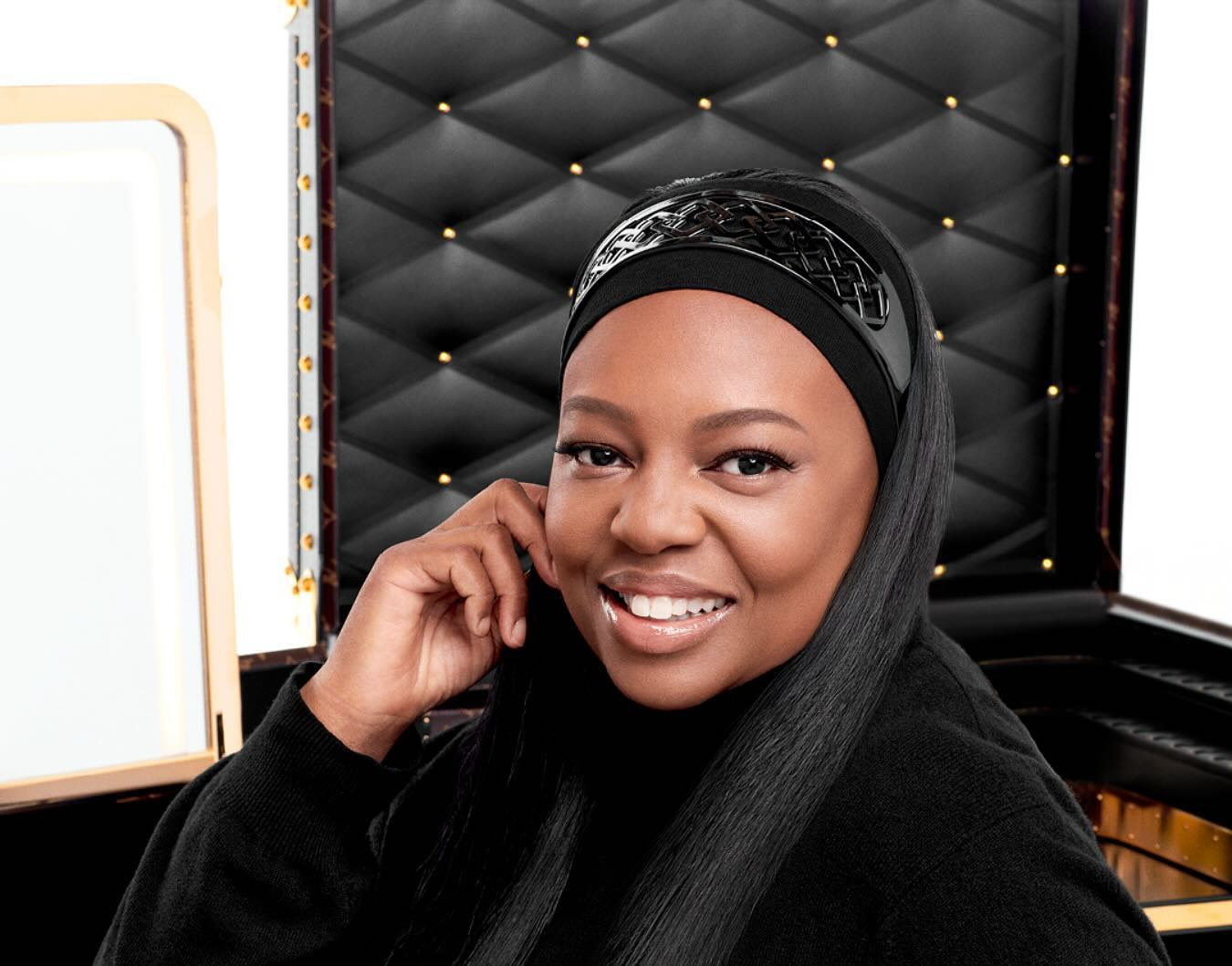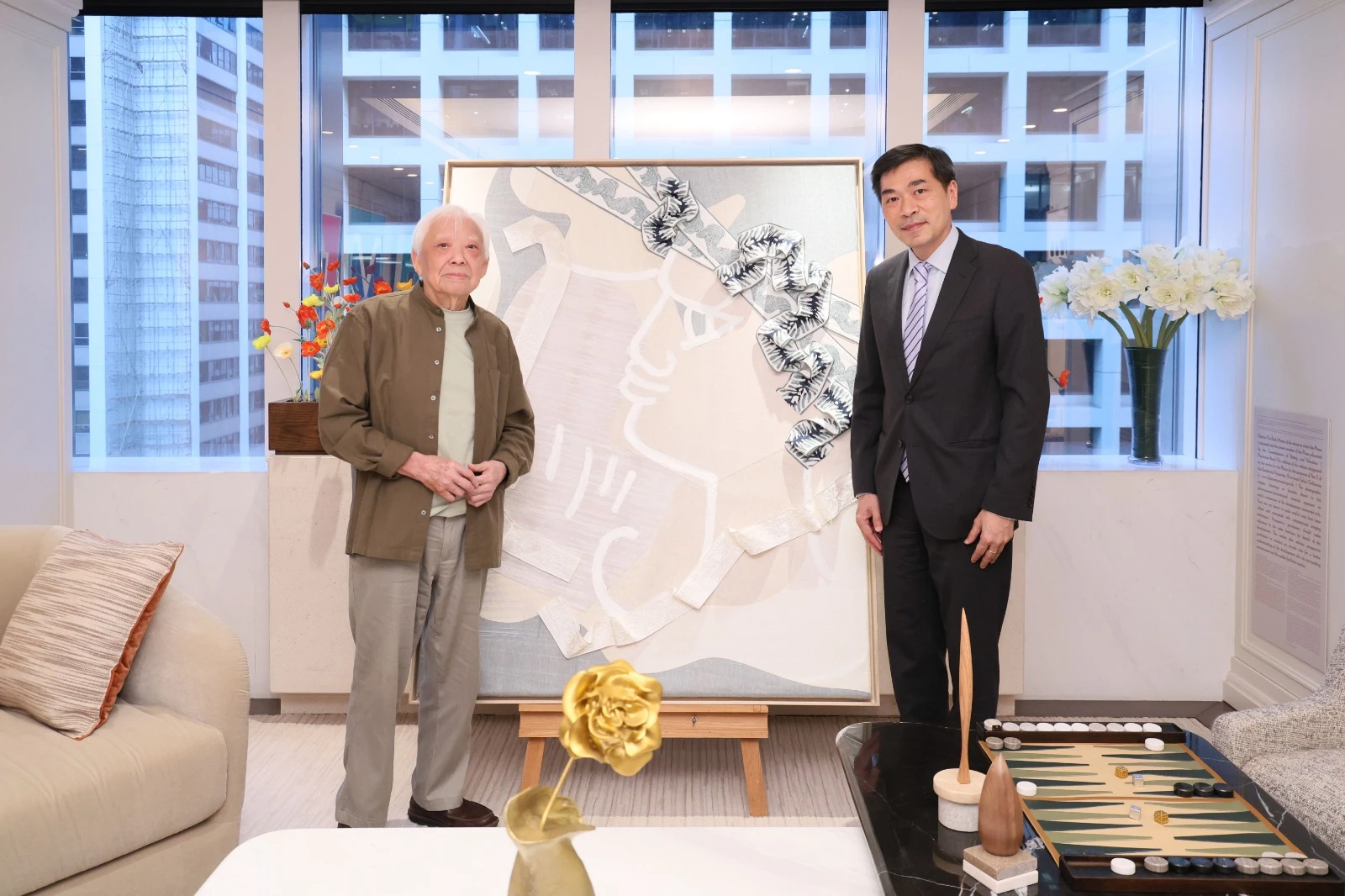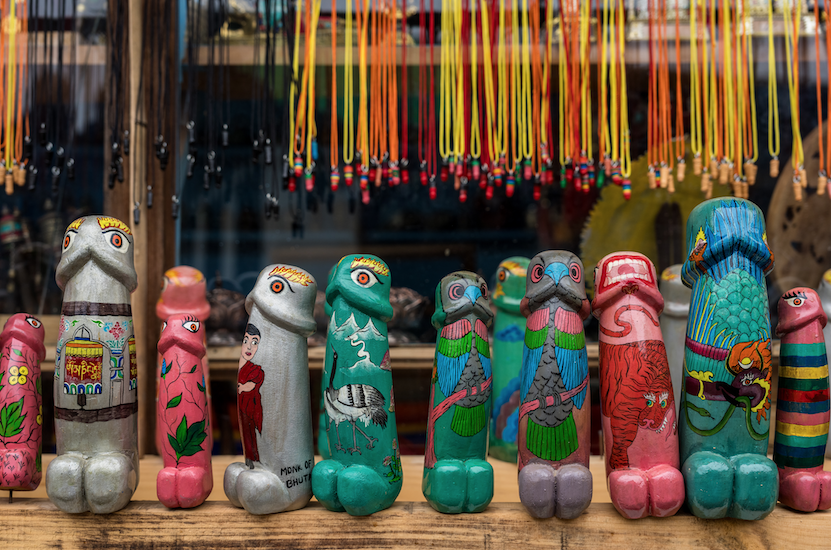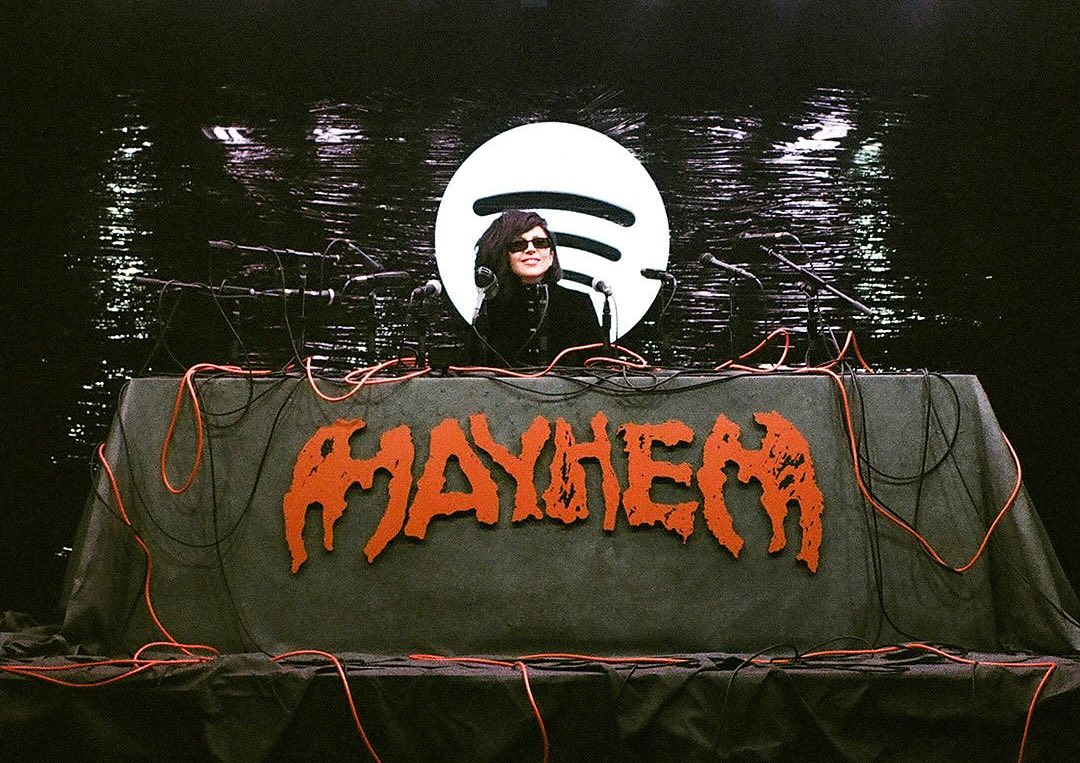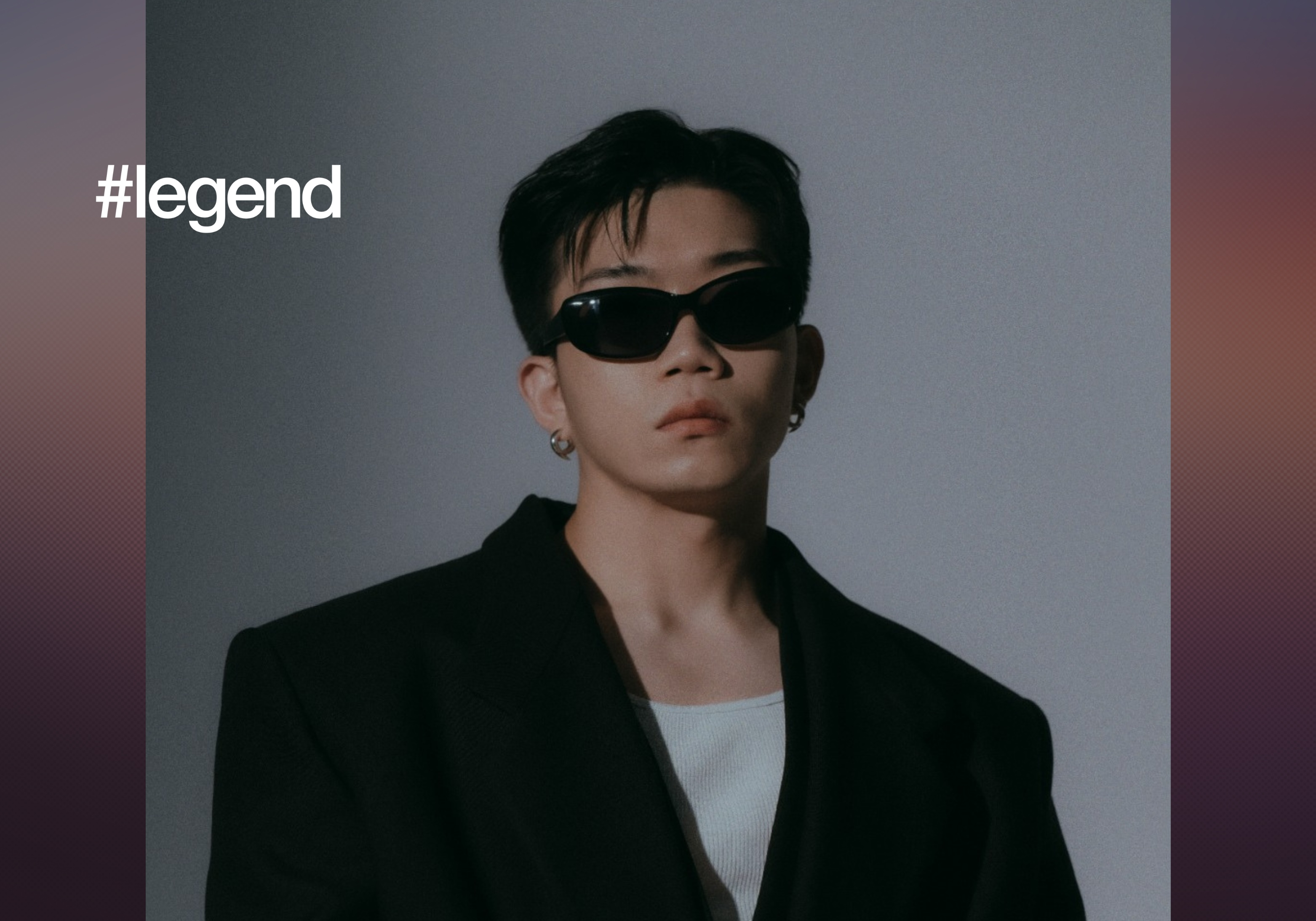Subversion tactics: Bong Joon-ho and the rise of subtitles
Jul 07, 2021
One inch and a multitude of languages are all that separate great films from finding their international audience. As MATHEW SCOTT discovers, with a little help from Oscar favourite Bong Joon-ho, subtitles are finally getting the respect they so rightfully deserve.

Bong Joon-ho was at it again during the broadcast of this year’s Oscars. Twelve months on from the South Korea filmmaker’s history-making sweep of four Academy Awards for his bleak-butbrilliant Parasite and Bong could be found once again pushing what has become his personal crusade.
As the man behind the first-ever international production to win the Best Picture Oscar, Bong knows people listen to what he says. And he wants the world – at large – to finally accept that subtitles are simply a part of the art.
So there was a sly grin when he was introducing this year’s Oscar nominations for Best Director and he cut to the messages they had sent – via film clip, given the pandemic-enforced restrictions.
Yes, the messages these filmmakers sent in had been subtly subtitled and they allowed Chloe Zhao (Nomadland), Lee Isaac Chung (Minari), Emerald Fennell (Promising Young Woman), David Fincher (Mank) and Thomas Vinterberg (Another Round) to answer the question: “If you had to explain, to a random kid on the street, what directing is in 20 seconds, what would you say?”
The moment wasn’t lost, out in the world of social media, with fans and filmmakers recognising what Bong was up to.
“LOVE that the director comments Bong Joon-ho asked for were presented in Korean with English subtitles. Feels kinda subtly revolutionary,” one posted. “This segment forcing people to read the subtitles is low-key brill,” posted another.
Bong’s campaign first really went global when he accepted a Golden Globe last year for Parasite and declared: “Once you overcome the one-inch-tall barrier of subtitles, you will be introduced to so many more amazing films.”
Seems the world listened up.
The 51-year-old Bong is at the forefront of a seismic global change in terms of the kind of content people are consuming, thanks to the success of the likes of Parasite, but thanks also to the growing proliferation of streaming platforms and the insatiable need they have to fill up hour upon hour of airtime.
In retrospect, Bong was always going to champion this particular cause. “[Bong] had been widely respected in cinema circles for years,” explains Patrick Brzeski, Asia bureau chief at film industry bible The Hollywood Reporter. “Since his first films people like [Quentin] Tarantino and Rian Johnson have been championing his work. His films can be art house and commercial at the same time like the great American films of the ’70s were. That goes a long way to explaining his global appeal.
“Snowpiercer (2013) was expected to be his big crossover hit but there were some disputes with the Weinstein Company and the US release was all bungled. Netflix gave him US$50 million to make Okja (2017) and that didn’t blow up like everybody thought it might.”
Following those disappointments, Bong went back to his roots – and in Parasite he found a project that is distinctly Korean, with its tale of a simmering class war in the suburbs of Seoul, but one whose central themes of social inequality resonated globally. Made for a budget of around US$15 million, it amassed global box office takings of around US$260 million.
While the pandemic has limited film production – and so any immediate impact Parasite’s success has had can’t really yet be calculated – there are positive signs, what with the success of the Oscar-nominated Minari, which throws in a hefty amount of subtitling.
As well as its cinematic release, Parasite found a home on the Hulu streaming service in the United States and, later, outside the US across Amazon Prime Video. Like Netflix – the dominant global streaming service – these platforms are finding that, more and more, international productions (and for that, read “not Western”) have been finding audiences everywhere.
According to The New York Times, international audiences accounted for more than 50 percent of views for two of Netflix’s biggest recent hits – the time-travelling German-language drama Dark and the futuristic Portuguese-language series 3%. K-dramas such as the wildly successful period piece Kingdom and last year’s revenge-soaked The World of the Married have of course also been subtitled global phenoms.
“One of things we wrote about at the time of Parasite was that the streaming boom in a way paved a way for that moment,” says Brzeski. “Netflix is now producing content in local languages all over the world but one of the surprising successes from that has been the crossover. Because it’s on their platform people are more inclined to watch it. It’s there, it’s really accessible and it’s well made.
“The streaming phenomenon has really proliferated openness to foreign subtitled content. There’s no doubt about it and it’s a cool thing, as they’re helping diversify tastes.”
Subtitles have never presented a worry out here in Asia given, first, the global domination Hollywood has had – up until recently – and the natural and expansive ethnic diversity across nations out our way.
The iQiyi streaming platform first came to life out of Beijing back in 2010 but has expanded its ambitions and now features content produced in a host of regional languages including Mandarin, Thai, Bahasa Malaysia, Indonesian and Vietnamese.
Kuek Yu Chuang, VP of international business at iQiyi, believes the wider world is catching up with what’s been the norm in Asia for decades.
“It’s heartening to see that subtitled Asian content is being recognised on the world stage,” he says. “As a streamer with Asian roots, providing subtitles was a natural first step when we decided to expand internationally. Making Chinese, Korean and anime content accessible through multi-language subtitles is what we would consider a basic and necessary offering to our users, which was also a big reason why we see Chinese content like Love Is Sweet and The Blooms at Ruyi Pavillion pop in Indonesia and Thailand, or Korean content and anime performing well in Singapore and the Philippines.
“We’d like to think that there have always been great stories from Asia, and with the acceptance of subtitles rising in the West, more of these shows can be enjoyed by a wider audience.”







